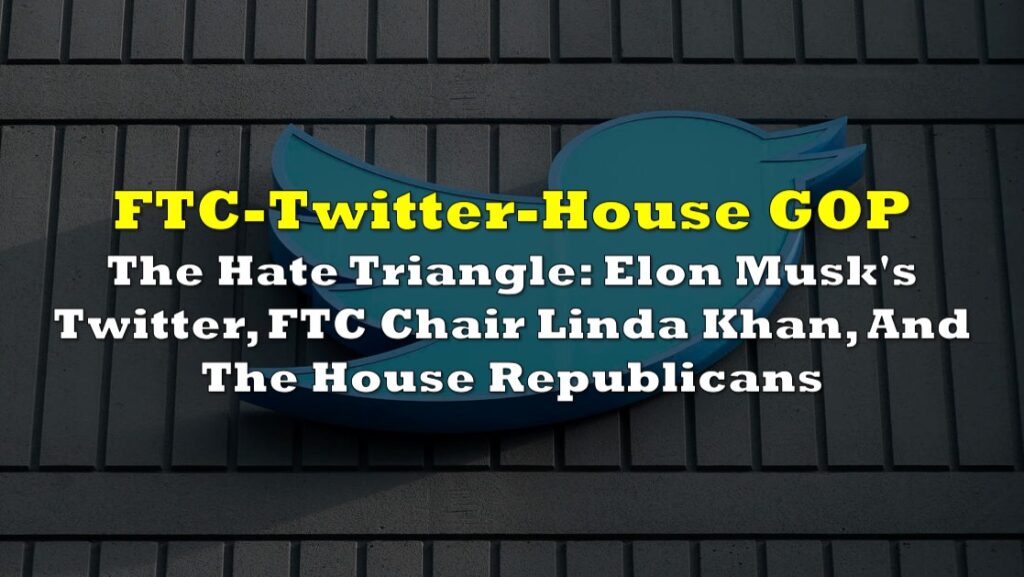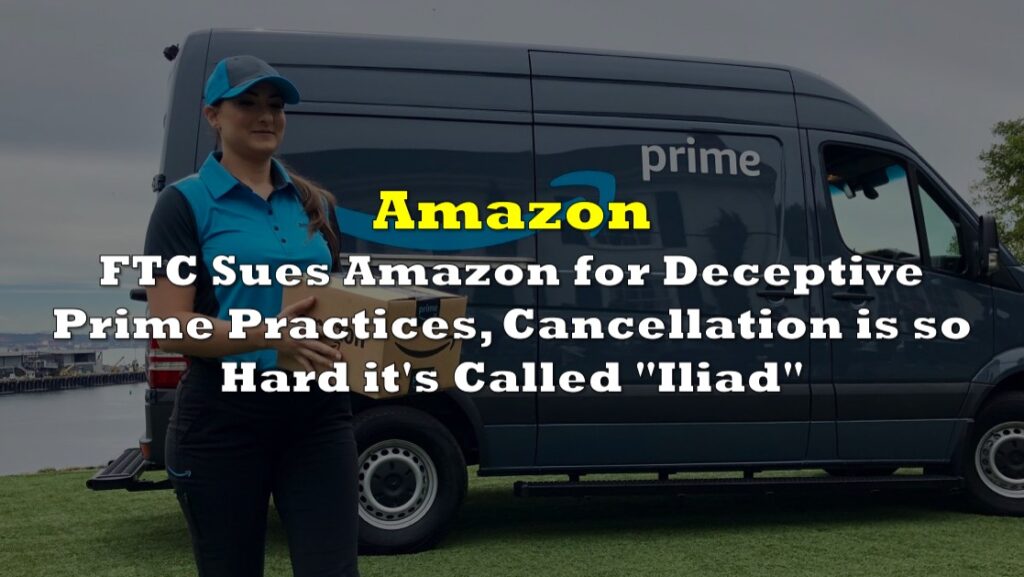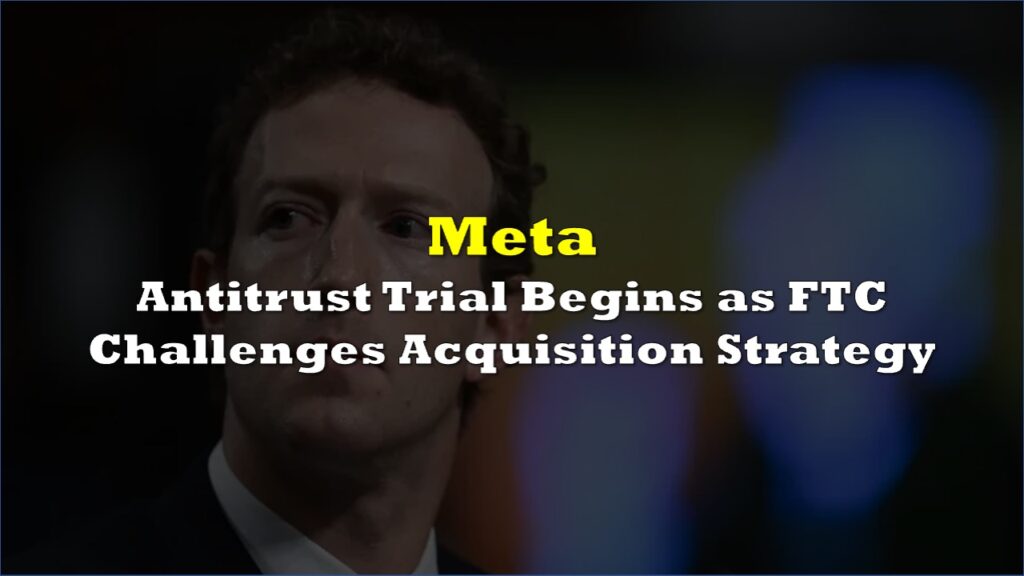Grocery chain Kroger Co. (NYSE: KR) has filed a lawsuit against the Federal Trade Commission (FTC) and its Chair, Lina Khan, challenging the constitutionality of the agency’s ongoing administrative proceedings to block Kroger’s proposed $24.6 billion merger with Albertsons Companies, Inc.
This legal battle, unfolding in the Southern District of Ohio, underscores a significant confrontation between corporate America and federal regulatory authorities, with far-reaching implications for the boundaries of executive power and administrative law.
In October 2022, Kroger announced its agreement to acquire Albertsons, a move aimed at consolidating its position against industry behemoths like Walmart, Amazon, and Costco. The merger, according to Kroger, is designed to enhance competition, lower consumer prices, and improve service offerings.
As part of the deal, Kroger committed to divesting hundreds of grocery stores to C&S Wholesale Grocers to address antitrust concerns and invested billions in lowering prices and improving stores.
Despite these measures, the FTC, concerned about the merger’s potential to stifle competition and harm consumers, initiated an administrative proceeding in February 2024 to block the transaction. The FTC argued that the merger violates the Clayton Act by significantly lessening competition in the market, potentially creating monopolistic conditions detrimental to consumers.
Legal arguments
Kroger’s lawsuit takes direct aim at the FTC’s administrative process, which it argues is unconstitutional on two key grounds: the separation of powers and the right to have disputes adjudicated by an independent judiciary.
Kroger sued the FTC and Lina Khan today to have the agency declared unconstitutional. https://t.co/NbodOHZqM8 pic.twitter.com/MWl6fEZtlA
— Ben Remaly (@BenRemaly) August 19, 2024
The grocery chain contends that the administrative law judge (ALJ) presiding over the FTC’s case enjoys “two layers of for-cause protection from presidential removal,” which they argue is unconstitutional. According to Kroger, this setup violates Article II of the U.S. Constitution, which grants the President the executive power to oversee and remove executive officers.
The ALJ, an executive officer, is protected from removal by the President because they can only be removed for cause by the Merit Systems Protection Board, whose members themselves are also shielded from at-will removal. This dual protection, Kroger argues, limits the President’s ability to ensure that laws are “faithfully executed,” as mandated by Article II.
Kroger also claims that the FTC’s process infringes upon Article III of the Constitution, which vests the judicial power of the United States in the federal courts. The company argues that the FTC, an executive branch agency, is unconstitutionally attempting to adjudicate Kroger’s private rights—specifically, its contract and property rights—outside of the independent judiciary. Kroger asserts that such rights must be decided by Article III courts, not by an administrative agency within the executive branch.
This lawsuit comes at a time of increasing tension between regulatory agencies and the judiciary over the extent of executive power. Kroger’s challenge echoes concerns raised in the Supreme Court’s 2023 ruling in Axon Enterprise, Inc. v. FTC, which scrutinized the structure and powers of federal agencies. In that case, the Court held that constitutional challenges to the structure of the FTC could be brought directly in federal court, bypassing the administrative process—a decision that may influence the outcome of Kroger’s case.
Kroger’s move to directly challenge the FTC’s authority is seen by some as a bold attempt to push back against what it perceives as regulatory overreach. “Kroger is fighting not just for its merger, but for the principle that constitutional protections against executive overreach are fundamental and must be upheld,” said Nathaniel Lampley Jr., lead counsel for Kroger, in a statement accompanying the lawsuit.
Kroger last traded at $52.24 on the NYSE.
Information for this briefing was found via the sources mentioned. The author has no securities or affiliations related to this organization. Not a recommendation to buy or sell. Always do additional research and consult a professional before purchasing a security. The author holds no licenses.









